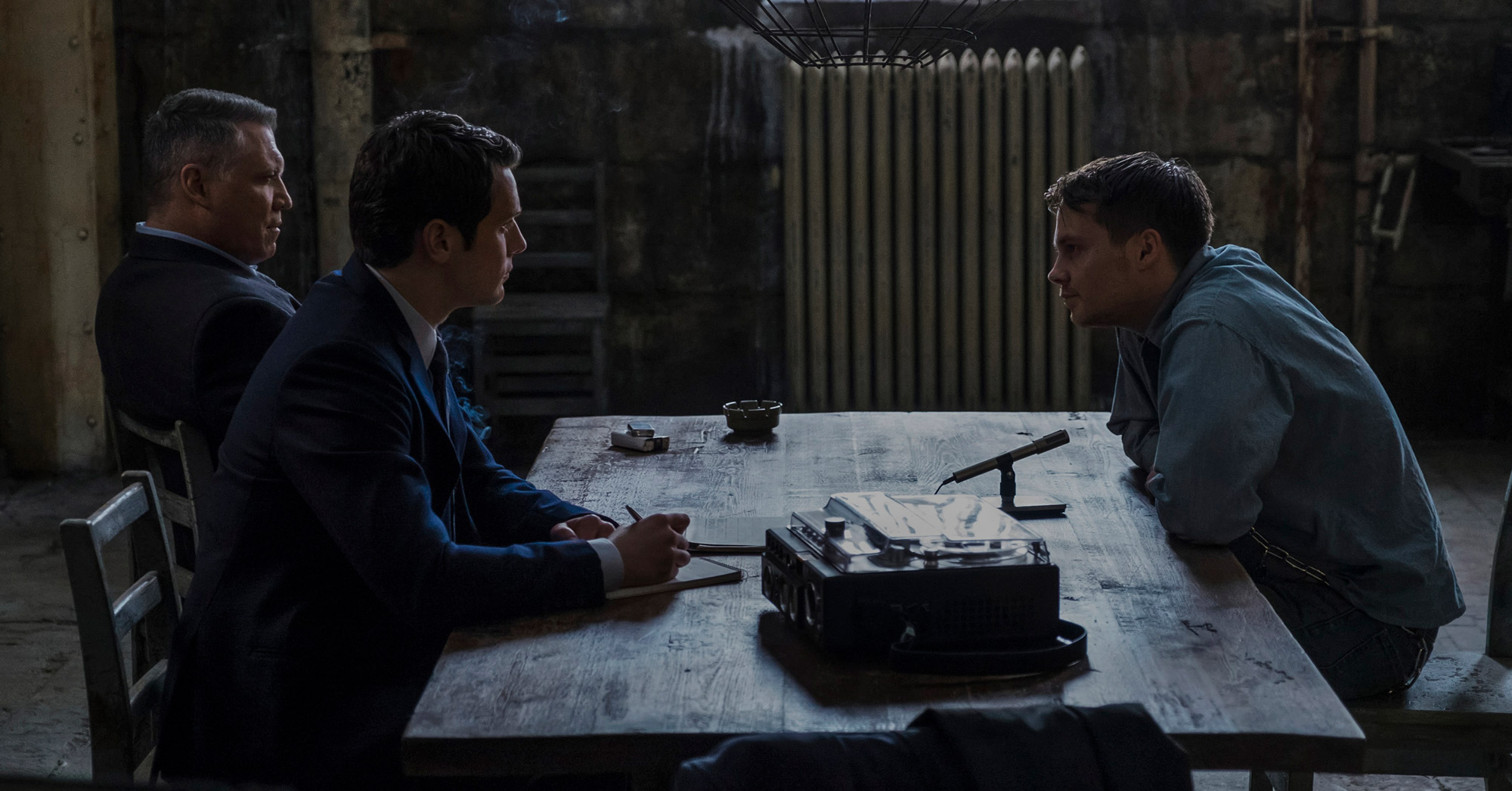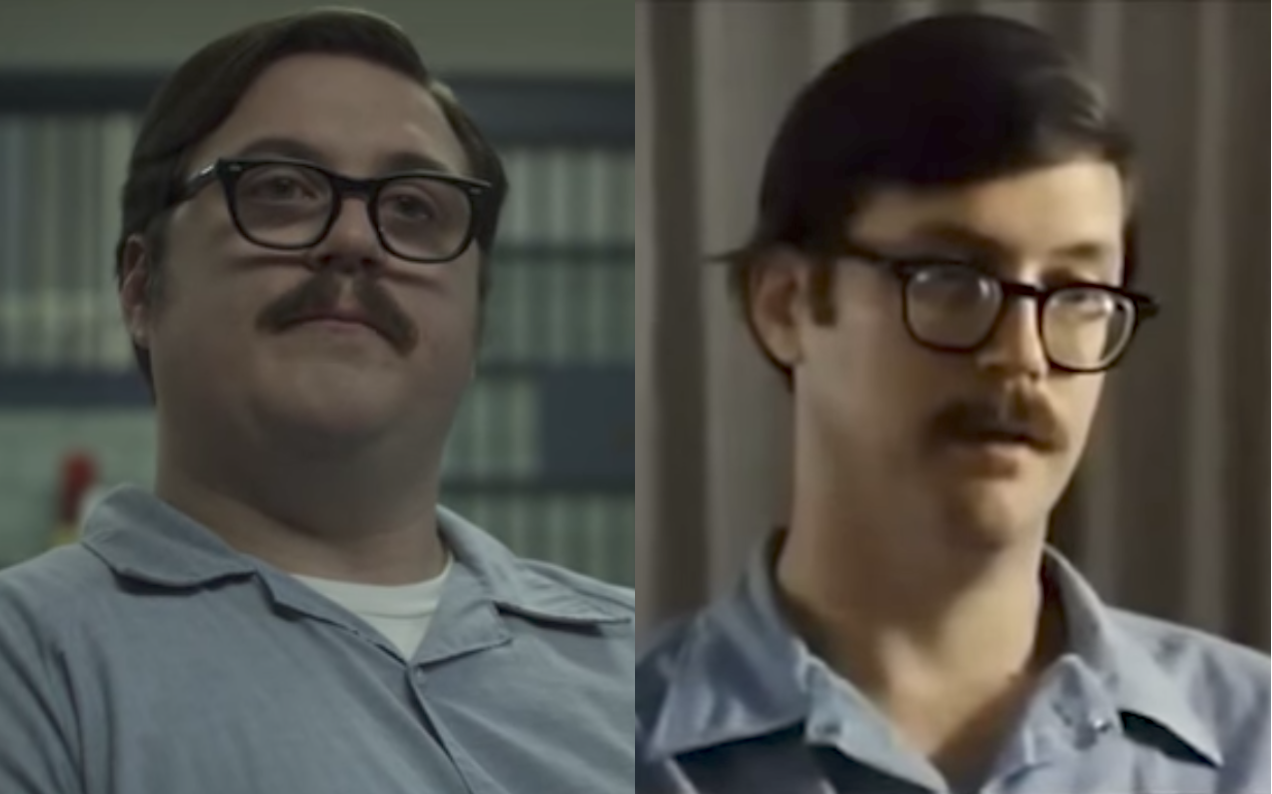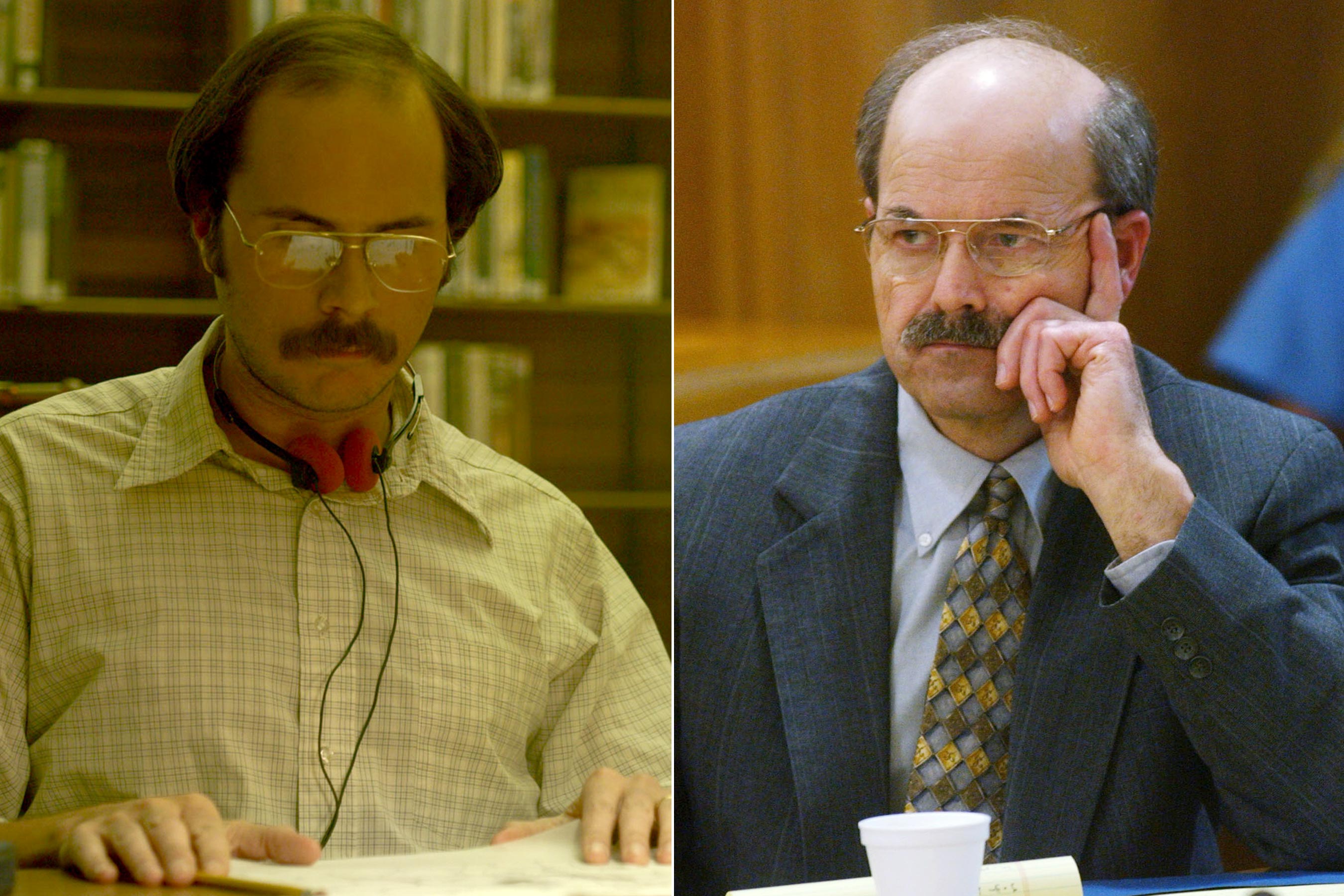5 Reasons You Should Absolutely Watch Netflix’s Mindhunter
In the past few years, we’ve seen crime television (TV) shows evolve far past their humble CSI and Criminal Minds roots. Whether in terms of scale and spectacle like in shows like Boardwalk Empire, Breaking Bad and Narcos or with regards to character exploration through the perspectives of both law enforcement and criminals in series like Fargo, True Detective, Sherlock and Luther. Regardless, there’s one particular defining theme that has marked this renaissance of crime TV: empathy. Gone are the days of black-and-white morality with criminals standing on the wrong side of the law, and agents on the straight and narrow white. Empathy is crucial in telling complex and interesting stories, so that the viewers do not merely view the broad strokes of the plot but can engage with the players within the drama. Why does a murderer or rapist act the way he does? Is that cop justified in using brutal force? Are these individuals redeemable? Is there more than meets the eye?
These questions are important and often raised in the aforementioned shows but rarely are the questions themselves the main subject. Rather they are systemic of the theme or narrative of the show. This seems to be the case across the board…except when it comes to Mindhunter. Netflix’s Mindhunter is a show like nothing I have ever seen before. A show that isn’t so much engaged in telling us a gritty, dark crime thriller that occasionally raises questions of morality. No, it is a series of frightening and curious inquiries with a plot stringed around it. It is refreshing, revolutionary and, if you dare to carry on, quite revolting.
So you can imagine our excitement when we heard that after nearly two years, the series is making its comeback on the 17th of August this year. If you’ve only heard about the show in passing or are still on the fence about getting into it, then here are a number of reasons you need to get on Netflix and watch some Mindhunter.
1. It’s Created By David Fincher
The story behind how Mindhunter came to be is a pretty interesting one. Apparently, a while back ago, Atomic Blonde actress Charlize Theron had handed a non-fiction book, Mindhunter: Inside the FBI’s Elite Serial Crime Unit to famous crime and psychological thriller film director David Fincher. In case you didn’t know, he’s the man behind such classics like Se7en, Fight Club, Zodiac and Gone Girl. He was so enamoured with the book’s exploration into the criminal psyche of serial killers that he longed to make a TV series adaptation out of the source material. In spite of his cinematic pedigree, he felt like he lacked the experience needed in running a TV series back when Theron had handed him the book in 2009. That is until he worked on another one of Netflix’s (formerly) critically acclaimed series House of Cards. In 2016, it was announced that the first season Mindhunter would be released on Netflix and so it did on 13 October 2017. The rest is history.
Fincher is both the director and executive producer on the project, meaning he has a great amount of creative power on set. So if you’re anything of a major crime-buff or macabre serial-killer researcher then you are in for a treat! Fincher is no David Ayer or Michael Mann, his work doesn’t so much rely on action set pieces or big plot reveals.
He is a master of the slow burn, intricately and lovingly crafting an immersive experience through mood, atmosphere and subject matter. Imagine holding your breath for an hour and waiting with silent anticipation for the terror to emerge. And when it finally comes, it’s not so much a cathartic jumpscare than it is a creeping epiphany or realization. He along with creator Joe Penhall have crafted a piece of semi-fiction that will your eyes glued to the screen and your heart clinging to your chest.
2. Compelling And Complex Characters
The role of any good protagonist, or in this case protagonists, is to be a sort of conduit for the audience. A way in which we can live vicariously through the characters on screen and Mindhunter offers a good variety of perspectives in which we process this world of depravity and evil. I’m not talking about good-cop-bad-cop here. The three investigators bring their own biases and beliefs to their work and it shows.
Holden Ford, a young, brash and idealistic know-it-all FBI agent carries an air of arrogance and self-importance around his colleagues and superiors. Thinking himself more enlightened than his compatriots and yet he is strangely empathetic with the criminals he interview. Almost as if he can understand their delusions of grandeur because he bears some as well. Johnathan Groff does a great job balancing his character’s more sociopathic tendencies with his more compassionate side, almost as if he’s fighting the urge to join those he studies.
Then there’s Bill Tench played by Holt McCallany. The older, grizzled workaday agent who keeps Holden’s feet to the ground and is meant to be the relatable member of the trio. If Holden represents our morbid curiosity, Tench is a totem for our moral indignation and disgust. He’s by no means a simpleton but a strong deontologist with pre-established beliefs of what’s right and wrong. Throughout the series, we see him wrestle with the tension of unlearning his black-and-white morality while at the same time struggling to keep his humanity.
Then there’s psychologist Wendy Carr by Anna Torv, a closeted lesbian professor who gets drawn in by Tench and becomes part of the FBI’s Behavioural Science Unit. Now, we haven’t exactly gotten a lot of time to know her but I foresee her becoming the bridge between the theoretical and application. The beauty of this triage is that each individual represents different aspects of our approach to criminal horror: our curiosity, our heart and most importantly, our fears.
3. Criminal Mind And Methodology
Unlike other shows that utilize advanced surveillance technology, interrogation techniques and, if you’re CSI, multiple flashy mental reconstructions, Mindhunter has none of the following. In fact, the series takes place in a very interesting period of history: the formulating years of criminal profiling and psychology in the FBI. The show is a semi-fictional account of how the FBI began analysing, identifying and predicting the behaviour of serial killers. We even get to see how the term “serial killer” was coined with it previously being known as “sequence killers”. The show utilizes a ton of Freudian archetypes, sociological patterns and behavioural sequencing in the way we understand the criminal motivation.
For example, Tench and Holden narrow down the murderer of an elderly woman as a Caucasian based on the sociological fact of Hispanics and Blacks having higher respect for the elderly. Then they used Ed Kemper, a notorious murderer who violently killed his mother as a frame of reference before identifying the killer as the elderly woman’s son. This isn’t the BBC’s Sherlock with the investigators using deductive reasoning and what is essentially super-vision to sniff out the crook. No, this is inhabiting the mind of the killer and getting into his worldview and environment.
You’ll see it all. The frustration of going down a dead-end and realizing that you are projecting your experiences onto the case. The horror and joy of comprehending the thought process of a killer who commits acts of necrophilia. The show avoids turning into a “worst of” compilations with regards to human depravity and gore. Much like Holden, the show manages to lend a voice and dignity to its criminals without ever romanticizing them. Ultimately, the most powerful tool in the trio’s arsenal is the art of conversation.
4. Killer Performances
Then, of course, there are the actual serial killers themselves, who are expertly brought to life by a cast of brilliant actors. I mean some of the performances here are truly bone-chilling as if they were lifted straight out of the actual tapes and interviews. You can’t have a series tackling criminal psychology without psycho criminals, can you? What’s remarkable, however, is how human and weirdly approachable they are. Some of them are killers out of circumstance like Richard Speck who just so happen to lose control of a situation after raiding a nurse hostel. He killed eight nurses and raped one of them, all in the heat of the moment. It wasn’t not so much a twisted Dahmer-esque worldview that drove his actions as much as it was bravado and toxic masculinity. So Holden has to appeal to Speck’s sensibilities the same way you might try to impress a gym bro at a bar. It’s alien and yet familiar
The most fascinating of all the serial killers and rapists, however, is Ed Kemper, nicknamed the Co-Ed Killer. The man kills women and then has sexual intercourse with their bodies. His hatred and need for domination of women stemming from his own ire for his abusive mother, whom he murdered, decapitated before using her head… for pleasure. Yeah, sometimes real life is a lot stranger than fiction. Nonetheless, Cameron Britton brings such gentleness and warmth to Kemper that doesn’t seem too far off from his real-life counterpart. They even look and sound the same! Mindhunter deftly incorporates its more fabricated narrative elements with real-world facts using its criminals as the linchpin that holds the whole thing together.
5. Season Two Is Coming Soon
The trailer for the second season of Mindhunter seems to amp up the tension and scale of everything we’ve seen thus far. There are a string of kidnapped and murdered black victims and the public are inclined to lay the blame on the Ku Klux Klan. Holden however disagrees and let’s just say the man has a way of escalating situations. His hubris and condescension will no doubt draw the ire of the local communities eager to blame the Klan. For you see, Holden isn’t convinced that the murders are perpetrated by a white racist which may or may not have him labelled as one. I look forward to seeing how he’ll get himself out of this hot mess. If you have been following the series thus far, then you’d know that a certain killer is ready to make his move. We’ve seen hints and teases of the man throughout the first season but no one could quite piece together his identity till near the end. It’s time for Bound, Torture, Kill (BTK) Killer to strike!
The opening scene of the trailer has Holden and Tench investigating into a murder scene where a girl was bound and hung from a pipe. It’s clear that the series is referencing the murder of the Otero family in January 1974 in which BTK had hung 11-year-old Josephine Otero on a pipe, masturbating as he watched her die. Rader would only be apprehended in 2005. So expect this to be a long and drawn-out case for the team. And then, we hear the reveal that the team will be getting a chance to interview none than other Charles freaking Manson! If you’re any sort of self-respecting fan of psychological thrillers or crime procedurals, you owe to yourself to watch Mindhunter.
The post 5 Reasons You Should Absolutely Watch Netflix’s Mindhunter appeared first on Lowyat.NET.
from Lowyat.NET https://ift.tt/2KNmKke
Labels: Lowyat





0 Comments:
Post a Comment
Subscribe to Post Comments [Atom]
<< Home